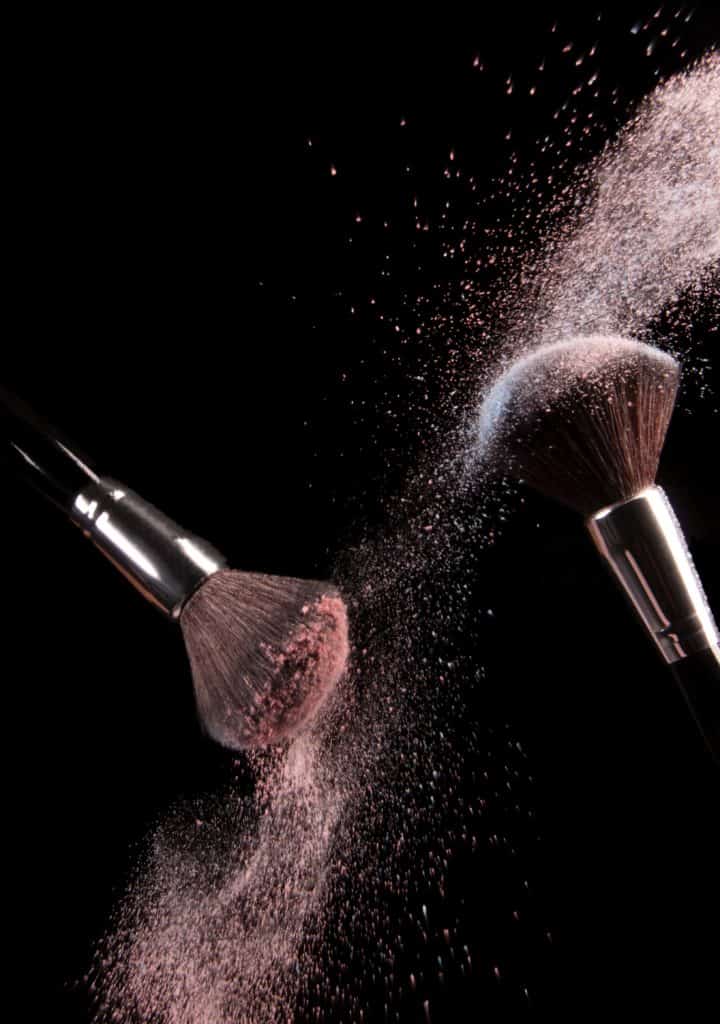Advancements in Artifical Intelligence (AI) and Machine Learning have been infiltrating the beauty industry over the past few years. These technologies can completely reshape the way that brands operate, by simplifying processes as well as providing 10x more efficient services to meet customers' 'see it now, want it now' demands. Global spending for AI in retail - including Fashion, Luxury, and Cosmetics - is expected to grow to $7.3 billion by 2022. We have rounded up a list of the top four AI and Machine Learning Applications that could prove to be imperative to the beauty industry.
4 AI & Machine Learning tools disrupting the Cosmetics industry
Personalized recommendation tools
The consumer of today values efficiency and excitement, and to meet this, new levels of product personalization have been conceived using AI and Machine Learning applications. The data behind shoppers' behaviors can be utilized to create virtual retail experiences, using digital platforms. Brands can offer tailored recommendations to consumers - just like a digital store associate - based on what similar shoppers have viewed, liked or purchased. Implementing these solutions can not only spur more purchases but also foster a connection with consumers because the brand knows what they want before they do.
Beauty brands are also using Augmented Reality to let customers virtually “try on” items before purchasing them. L’Oréal, for example, now owns Augmented Reality and Artificial Intelligence entity, ModiFace, which allows consumers to have an augmented reality-powered make-up try on experience from the world’s leading beauty brands.
Performance marketing measurement platforms
Marketing teams have often struggled with measuring the actual value of their contributions, mainly because of new channels and tactics that have cropped up and disrupted the field of traditional marketing. In our recent State of Influencer Marketing Report, we found that brands claim to have the biggest pain points with campaign measurement, which is essential when it comes to choosing the right influencers to collaborate with. The right influencer-brand collaboration can help reach new markets, generate earned media coverage and provide content that can be repurposed across a brand's own channels.
Performance marketing tools leverage AI and Machine Learning to simplify measurement by providing a unified framework that offers actionable insights. Advanced algorithms, like Media Impact Value™, assign a monetary value to every post, interaction and article so that you can benchmark the performance of various marketing strategies - such as PR & Media Relations, Influencer Marketing or Content Marketing - and ultimately understand how and where brand value is being created.
Demand forecasting and supply chain tools
The consumer is key in any brand initiative, and so being able to get to know the consumer as closely as possible is one of the primary goals for any company. The beauty industry is no different, and by consolidating customer data, brands can now understand and anticipate market trends. NARS "uses consumer data to learn more about their customers' skin tones to build new products," Benjamin Lord, executive director of global eCommerce and omnichannel at NARS Cosmetics explained. Being able to meet and respond to needs, is essential now, especially as audiences are holding brands accountable and are looking for more meaningful and authentic customer experiences.
Beauty brands can also monitor markets online, or place beacons and sensors in stores to capture insights to anticipate trends, detect product shortages, or adjust the distribution of items according to local tastes. AI solutions provide data and insights to optimize the supply chain model.
Real-time customer service platforms
Chatbots have become increasingly popular for buying journeys in the beauty industry. They can answer everything from a simple product question to complex technical issues and can even take a customer through different actions on the site. These bots have rapid response times and sometimes personalities of their own, creating a clever marketing tactic that helps brands connect with their consumers on a more personal level. Beauty tech brand Beautystack takes its users through an entertaining sign-up journey that immerses audiences in the process and brand's tone of voice before they reach the general platform. Gartner predicts that chatbots will power 85 percent of all customer service interactions by the year 2020.
Additionally, sophisticated artificial intelligence chatbots can be used to help consumers develop skincare routines or recommend makeup products based on their skin tone, skin type, and even personality. The more interactions a consumer has with the chatbot, the more relevant suggestions it can provide.
Learn how to successfully measure your future campaigns
Click below to learn how to measure the performance of your beauty campaigns:


Shikkha Bhaseen
I have read couple of articles on artificial intelligence... Started getting to know about it from ELON MUSK and later started reading about it in different fields.. I am a Cosmetologist and interested to know more about it.